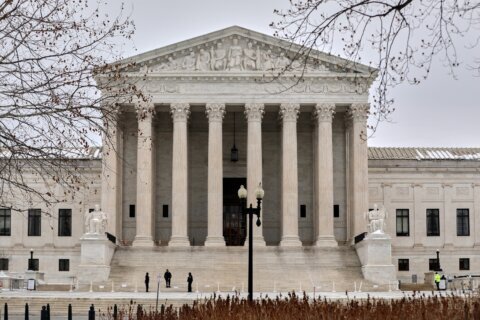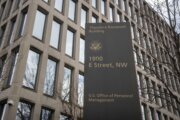WASHINGTON — What does it take to be considered “rich” in Washington?
Charles Schwab surveyed Washington area residents and, while many defined “rich” with a specific amount of money, many others placed the definition beyond just a pile of cash.
The survey, part of Schwab’s annual Modern Wealth Index, found D.C.-area residents said it takes $2.7 million to be considered wealthy, and $1.3 million to be considered financially comfortable.
But Schwab says Washingtonians are split in their definitions of wealth, with two of the three most popular descriptors not being about dollar amounts.
“Living stress-free,” “being able to afford anything I want,” and “enjoying life experiences” were top answers.
“We try to get people to think a little bit less about just a lump sum of money, but what does wealth truly mean to you,” said Dan Stein, of Schwab’s Bethesda branch, in a conversation with WTOP.
“So for example, for me, wealth is being able to take care of my family. The idea that on the weekend, if I want to be able to take by wife and my sons to a baseball game, I am comfortably able to do that. I don’t need the beach house in Hawaii as long as I feel wealthy enough to take care of my family.”
Schwab, whose business is financial planning and investment advice for consumers, said Washingtonian planners demonstrate better daily money habits than those who don’t plan, with 68 percent able to pay their bills and save each month, compared to 44 percent of non-planners.
It said local residents are also more likely to stay engaged with their investments, be aware of the fees they are paying and have confidence about reaching their goals.
Younger Washington-area consumers are also more focused on financial planning than older generations.
“This new generation of millennials is recognizing that this is something that is easily accessible through online apps and through my phone and it is something that doesn’t cost me anything, so why wouldn’t I take advantage of that benefit?” Stein asked.
The D.C.-area Schwab survey found 27 percent of millennials have a written financial plan, compared to 20 percent of Gen-X and 22 percent of baby boomers.








